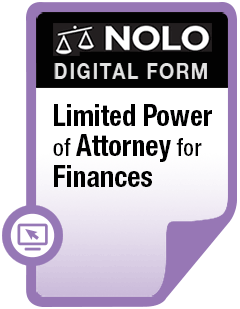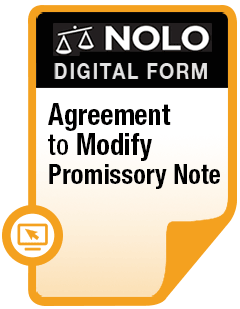Before you buy a policy, compare rates, choose a trustworthy agent, and more.
When choosing a life insurance policy, it pays to learn about the different types of insurance available, shop for the best rate, choose an agent wisely, and check the reliability of your insurance company.
Learn About Different Types of Insurance Policies
The first step is to learn about the basic types of life insurance policies, such as term life insurance versus whole life insurance.
How to Get the Best Insurance Rate
The cost of the same coverage can vary considerably from company to company. Often, relatively small mutual companies charge lower rates than some of the giants of advertising, and some brokers charge lower, "discount" commissions.
To compare rates, start by visiting one of the following free life insurance rate shopping services online:
These websites don't cover every major insurance company, but they're a good place to start. Also, a website might offer quotes for only one type of insurance product. Generally, you should look at various types to make an informed decision.
Choosing an Insurance Salesperson
Once you've picked out a policy, you can buy it directly from the company or through an insurance salesperson or broker. The cost will be the same, but it might be helpful to get some information from a local agent.
Salesperson vs. Broker
Normally, a salesperson sells for one company only, while a broker can place your policy with one of several. In theory, this would seem to be a reason to prefer a broker. But in practice, the integrity of the person you're dealing with is far more important than the legal relationship to an insurance company or companies.
Look for a person who will function as an ally, offering additional information and proposing alternatives, not forcing you to buy a product. If you get too much quick-sell pressure, contact someone else.
Review Policy Variations
Keep in mind that many insurance policy variations are of the "bells and whistles" type with minor differences that don't mean nearly as much as some insurance agents might claim.
And one more tip: Some salespeople recommend that you don't buy term insurance or try to talk you out of it for no other reason than the much higher commission they'll get from selling you whole life or universal life insurance.
How to Find a Trustworthy Insurance Agent
Knowing you need a trustworthy agent and actually finding one are two different things.
- Get recommendations. One of the best ways to find a good agent is to ask for references from friends, family members, and coworkers. Also, if you belong to a local group that puts out a newsletter or an email bulletin, post a note asking for recommendations.
- Check the agent's license. Insurance agents and brokers must obtain a license from the state in which they do business. Contact the state licensing agency and check to make sure the salesperson is licensed and doesn't have any disciplinary proceedings pending. Many states provide this information online.
- Check for complaints filed against the agent. You also might want to call the Better Business Bureau or state or local consumer affairs agencies and ask about the number of consumer complaints filed against the salesperson.
- Comparison shop. Finally, speak with several agents and note whether the agent asks probing questions about your insurance needs or just tries to sell you a product. You should also compare the insurance products each agent offers to see which is the best deal and which best meets your needs.
How Safe Is Your Insurance Company?
Before you sign on the dotted line, you should check out the reliability of your insurance company. As some surprised and angry insurance policy owners have learned, insurance companies can encounter serious financial trouble and even go broke.
State Guarantee Funds
There is no national or federal insurance guarantee fund for life insurance companies similar to FDIC insurance for bank depositors. In 47 states, there is some sort of industry-sponsored state guarantee fund. While these funds offer most policyholders the reasonable hope that they won't lose everything they invested if their insurer goes broke, you still don't want to have to wait for state regulators to take charge of an insolvent company, investigate, and finally (and it can take a while) determine how much money you get back.
Check the Insurance Company's Reliability
To avoid this sad scenario, check the reliability of the insurer from which you plan to buy a policy. Several major companies rate the financial stability of insurance companies:
- The Street.com (used to be Weiss Ratings) (www.thestreet.com)
- A.M. Best (www.ambest.com)
- Moody's Investors Service (www.moodys.com)
It's prudent to check your insurance agency against one (and even better, two) of these rating systems to be sure the company you're interested in gets top grades.
Get More Information
For a detailed discussion of how to use life insurance as part of your estate plan, read Plan Your Estate, by Denis Clifford (Nolo).
Talk to a Lawyer
Need a lawyer? Start here.
How it Works
- Briefly tell us about your case
- Provide your contact information
- Choose attorneys to contact you
- Briefly tell us about your case
- Provide your contact information
- Choose attorneys to contact you



